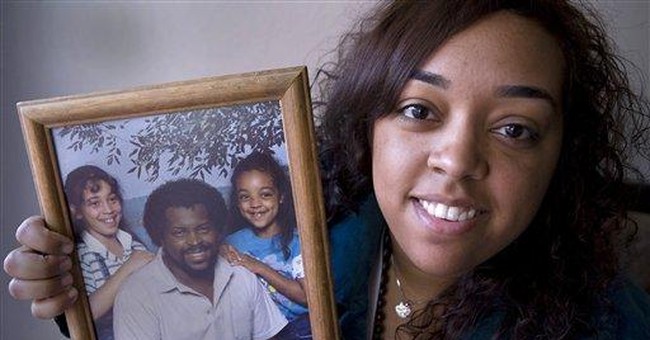
We all have heard the statistic ad nauseam: roughly two-thirds of all African-American children live in a single-parent household. In many parts of the nation, over 70% of all children that live in single-parent households live in poverty. Yet, have you heard this statistic: that Black fathers are more likely than White fathers and Hispanic fathers to feed, eat with, bathe, play with, and do schoolwork with their children on a daily basis, according to research?
Many of us have also heard the repugnant stereotypes about the inherent absenteeism of Black Fatherhood; (I heard my first Black Father’s Day joke – “what holiday don’t they celebrate in Black ghettos? Father’s Day” – from a young punk, a baseball teammate no less, at Central Catholic High School). Yet many of us conveniently overlook how often Black fathers have gone to the mat for their children to bridge stubborn gaps to success, often the very pitfalls that they could not overcome themselves as children. In fact, far too many of them, from civil rights leaders to soldiers fighting for our country –made the ultimate sacrifice in a most unique fashion: toiling to provide a full citizenship for their African-American children that had eluded them as young boys.
The essence that is the love of — and love within — Black Fatherhood is as deeply American as there is in this nation. It is a bond filled with aspirations for the future despite dogged historical incidents and complicated current events that always seek to dampen expectations, not enhance them. It is a toughness that fueled fights for wage increases to provide for their families when the odds were against them. It is a perfectionism that understands the requirements for their children’s successes in life, prompting a work ethic where excellence is the only expectation. It is a boldness that tells society that their families will step into a better reality – even if that progress comes without society’s permission, patience, or perspectives. It saves lives that others have already crafted for heartache and premature demise.
For me, that meant that calling balls and strikes during Sunday morning catch with my dad was not just a pitch over the plate; it required pinpoint accuracy that meant that strikes were only pitches where his glove didn’t move one bit. For me, that meant that being one of the first Black youth quarterbacks in my region wasn’t some accomplishment to hang our hats on; it required the smarts to read a defense and audibilize to a better call while knowing what every teammate’s assignments were on each play – at age 11 (in a run-and-shoot offense, no less.) For me, that meant not just being glad to be in any place at any time; it required the confidence and ability to lead, learn, and love in any place and at any time.
Despite the scars worn (often exaggeratively) by Black Fatherhood, it is one of the most inspiring love stories we have in our country. It prompts those it impacts to improve ceaselessly in a constant chase to evolve into their better selves. Sometimes, it prompts dads to do the same as well. It was this love that drove me across the Davidson College stage in 2002, walking with my little lady and carrying my namesake to secure a college degree after enduring Hurricane Hugo, weathering death threats during the Rodney King riots, dropping out for a decade, surviving multiple near-death experiences (both my own and family members), and living through 9/11. It was this love that powered me past slander and falsehoods. It was this love that cobbled together both pennies and my pride to get two kids through my alma mater and college in the fullest pursuit of the American Dream: to have my children smarter, better, and more successful than me, despite that dream slipping away for too many Americans. It is this love that drove me to enthusiastically cheer and coach youth games earlier this year. It is this love that keeps me aspirational and optimistic during a time when bitter tribalism keeps our national house divided. It is this love that keeps me vigilant, even as the challenges of today are too familiar to the challenges of 20 years ago, 40 years ago, and further back still.
Black Fatherhood, in its resilience despite many external and internal scars, is a symbol of hope for a nation in need of comfort and healing today. It projects power. It loves passionately. It honors toughness. It embraces hard work. It offers protection. It seeks justice and equality. It elevates a legacy – breaking through structural barriers, rigid misconceptions, harsh critiques, and misvalued modern contributions. It exudes pride that pushes twice as hard to be seen half as much in America. It professes loyalty and determination to stand in the face of crisis as a true believer for what’s right. It is likely more American in its aspirational pursuits of the perfection of one’s posterity than most people have ever considered.
And it is still readily available in America today. Further, it can be even more in the years to come if we choose to make the most of this moment to follow the historical model of Black Fatherhood. Through it, we can procure a better America — despite the many attempts to dissuade us into thinking that better is not possible. Through the Black Fatherhood experience, we know better.
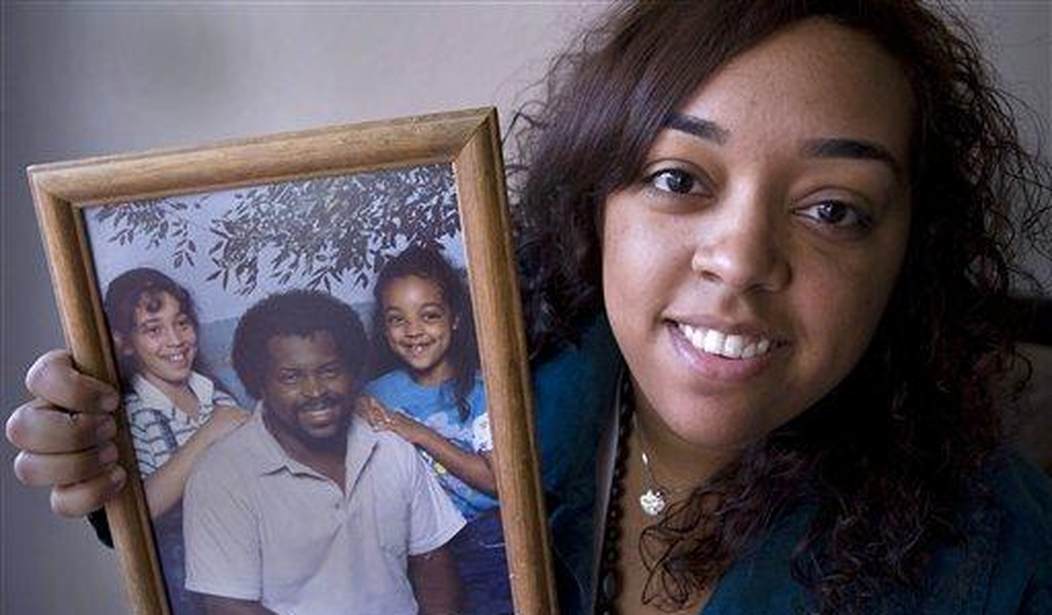






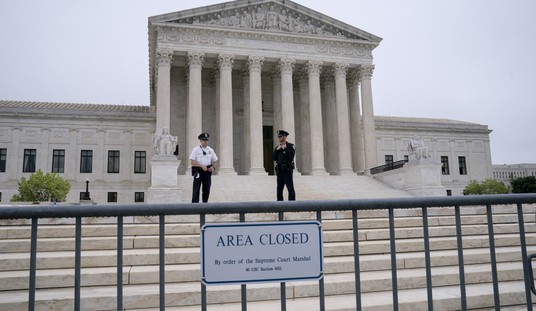

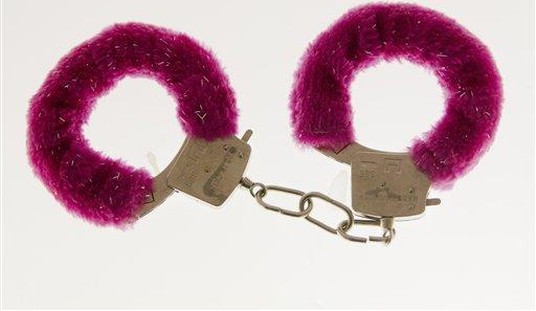

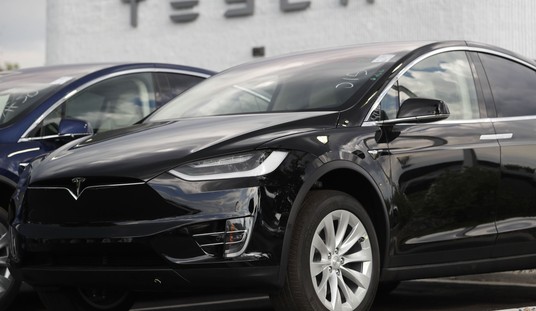
Join the conversation as a VIP Member